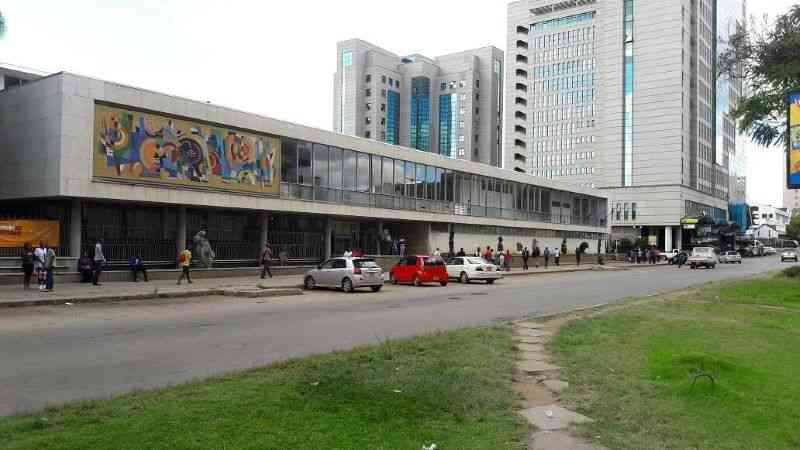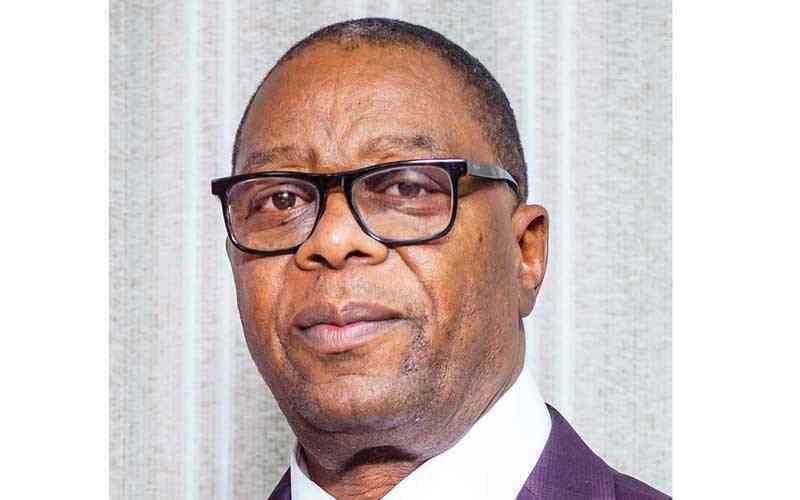
THE National Gallery of Zimbabwe (NGZ) reviews its strategy at the end of each year, and last week concluded a three-day strategic planning workshop that brought together key stakeholders, public service facilitators, senior management, board members, and representatives from regional galleries in Bulawayo, Mutare and the Tengenenge community of artists from Guruve.
The workshop, held from December 7 to 9 at the Sports and Recreation Commission boardroom within the National Sports Stadium premises focused on crucial objectives for the years 2024-2025.
Notable participants included Nicholas Moyo, Permanent Secretary in the Ministry of Sport, Recreation, Arts, and Culture, NGZ board chairperson RTD Justice Cheda, NGZ executive director Raphael Chikukwa, and deputy director Fadzai Muchemwa, as well as ministry officials.
A significant aspect of the workshop was the drafting of contracts for the NGZ chairperson and executive director, as well as the development of a roadmap for 2024 and 2025 as a strategy document to complement the National Development Strategy 1 (NDS1).
The workshop presented an opportunity for stakeholders to collaborate with NGZ to translate the strategies into actionable plans.
In her presentation, the NGZ deputy director Fadzai Muchemwa, outlined the workshop's objectives. "A well-developed strategic plan provides a framework for decision-making and helps align the efforts of all stakeholders towards a shared vision," she explained, adding that it serves as a reference point for the organisation's activities, allowing it to adapt to changing circumstances while remaining focused on its long-term goals.
One of the workshop's most important tasks was to develop specific and quantifiable objectives. "I hope we will work together efficiently to realign and define specific objectives that align with the organisation's mission and address the identified challenges and opportunities with the resources we have," Muchemwa said.
She also stated that improved team alignment was one of the goals, emphasising the importance of stakeholders in properly understanding the organisation's vision and mission as it helps align NGZ's perspectives and create a shared sense of purpose.
- Daily life struggles reflected in Burning Figure
- Abused female refs take on Zhoya's accomplices
- SRC welcomes Fifa decision on Zhoya
- Mr President, save our football from global isolation
Keep Reading
Muchemwa expressed the need to craft a communication plan that would cascade the message to all employees to ensure a clear understanding of the strategic direction and alignment around common goals to effectively communicate the strategic plan to all internal and external stakeholders in generating support and commitment.
The workshop's objectives also included the creation of clearly defined success metrics, as well as discussions on how to monitor progress, track key performance indicators (KPIs), and assess the effectiveness of the strategic plan as well as the creation of an execution plan with owners and milestones.
In his remarks, the NGZ chair emphasised the importance of building Zimbabwe's image, stating that the gallery is focused on the growth of visual arts in Zimbabwe. “It is important to point out that we must maintain the composition and have the composure of an expert institution in the form of NGZ,” he stated.
The permanent secretary Nicholas Moyo also echoed Cheda’s remarks saying that everyone must improve the country's image and highlighted the importance of impactful representation, moving beyond flag-raising to effectively express national agendas to change perceptions.
“When we invest in sending programs outside the country, raising the flag is the least of our concerns, what matters is how you carry yourself, what impact that program has, and how far it changes perceptions that people have about Zimbabwe because seeing a flag does not change perceptions,” he said.
Additionally, Moyo outlined a two-and-a-half-year timeline for NGZ to accomplish its objectives, urging the organisation to develop institutional marketing strategies for the gallery and also look at harnessing digital solutions.










